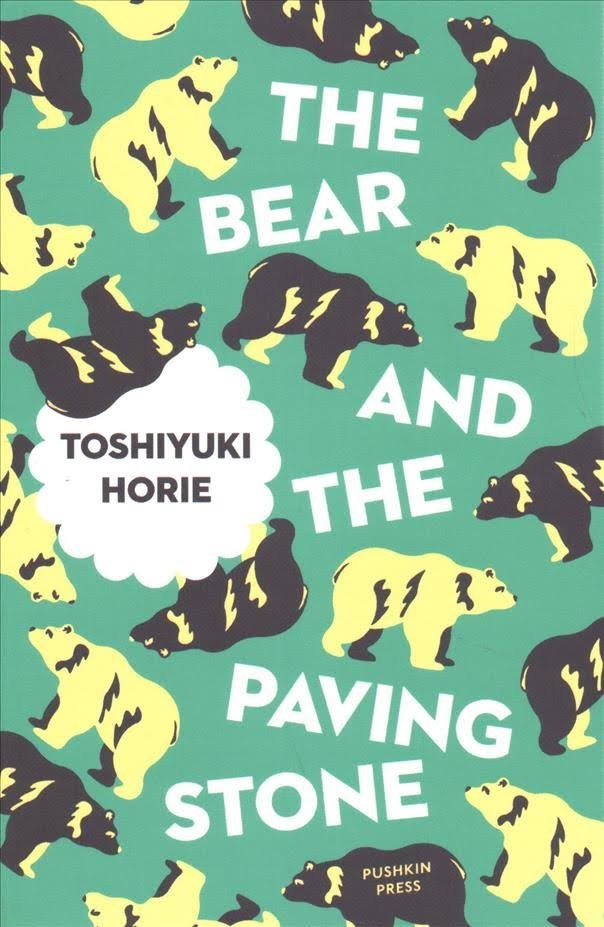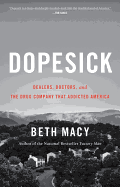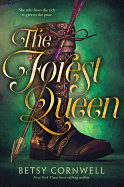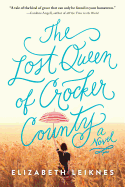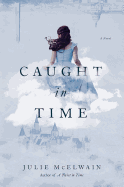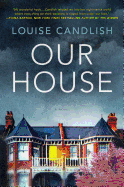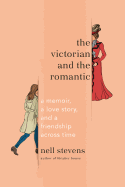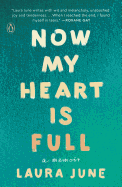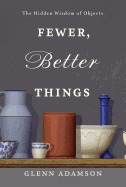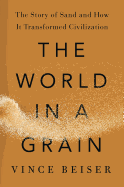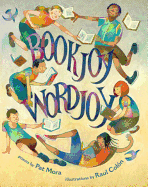Tuesday, August 7, 2018
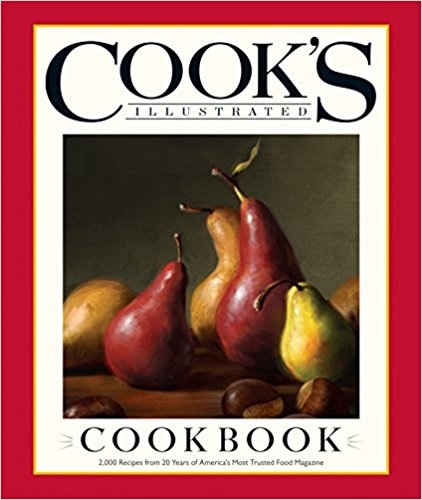 We highlighted America's Test Kitchen and the Cook's Illustrated Cookbook in a recent column, and it's worth mentioning them both here again. ATK takes an evidence-based approach to food and cooking; Test Kitchen staff will test every variation of a recipe they can before determining what method is best. The Cook's Illustrated Cookbook is a handy guide for anyone who wonders how the same cookie dough recipe, say, can result in crunchy or chewy cookies, depending on the day.
We highlighted America's Test Kitchen and the Cook's Illustrated Cookbook in a recent column, and it's worth mentioning them both here again. ATK takes an evidence-based approach to food and cooking; Test Kitchen staff will test every variation of a recipe they can before determining what method is best. The Cook's Illustrated Cookbook is a handy guide for anyone who wonders how the same cookie dough recipe, say, can result in crunchy or chewy cookies, depending on the day.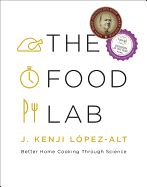 J. Kenji Lopez-Alt, a one-time editor of the Cook's Illustrated magazine, brings this same scientific approach to food in his stellar book The Food Lab. "Once you understand the basic science of how and why a recipe works, you suddenly find that you've freed yourself from the shackles of recipes," he writes. The Food Lab is a reflection of that philosophy: while Lopez-Alt does offer recipes, they are written to encourage home chefs to experiment on their own. Samin Nosrat's Salt Fat Acid Heat starts from a similar point, providing practical advice for mastering the "elements of good cooking," as she calls them, to create any type of dish.
J. Kenji Lopez-Alt, a one-time editor of the Cook's Illustrated magazine, brings this same scientific approach to food in his stellar book The Food Lab. "Once you understand the basic science of how and why a recipe works, you suddenly find that you've freed yourself from the shackles of recipes," he writes. The Food Lab is a reflection of that philosophy: while Lopez-Alt does offer recipes, they are written to encourage home chefs to experiment on their own. Samin Nosrat's Salt Fat Acid Heat starts from a similar point, providing practical advice for mastering the "elements of good cooking," as she calls them, to create any type of dish. While Julia Turshen's Small Victories is not about food science, per se, the recipes collected within are an invitation to play with traditional dishes: each recipe includes suggestions for small, simple shifts that can be applied to transform the original dish into something entirely new, as well as a nod to the "small victory" to be learned in its making. That learning--and those victories, be they large or small--is, after all, what makes time in the kitchen the enjoyment that it is. --Kerry McHugh, blogger at Entomology of a Bookworm
While Julia Turshen's Small Victories is not about food science, per se, the recipes collected within are an invitation to play with traditional dishes: each recipe includes suggestions for small, simple shifts that can be applied to transform the original dish into something entirely new, as well as a nod to the "small victory" to be learned in its making. That learning--and those victories, be they large or small--is, after all, what makes time in the kitchen the enjoyment that it is. --Kerry McHugh, blogger at Entomology of a BookwormThe Bear and the Paving Stone
by Toshiyuki Horie, transl. by Geraint Howells
Discover: Three revelatory stories examine the yearnings for human connectedness through shared memories.
The Lost Queen of Crocker County
by Elizabeth Leiknes
Discover: A devastating secret from Jane's past is revealed when she returns to the small Iowa farm town she left 20 years before.
The Blurry Years
by Eleanor Kriseman
Discover: In interrelated stories spanning her turbulent adolescence, a girl comes of age with her alcoholic mother.
Mystery & Thriller
Caught in Time
by Julie McElwain
Discover: An FBI agent must catch the killer of a 19th-century mill owner in this fascinating time-traveling mystery.
Our House
by Louise Candlish
Discover: In this brilliantly dark crime thriller set in South London, a family home is sold without the owner's knowledge.
Biography & Memoir
The Victorian and the Romantic: A Memoir, a Love Story, and a Friendship Across Town
by Nell Stevens
Discover: Part memoir, part fictional biography, all love story, The Victorian and the Romantic will delight readers with its humor, buoyant warmth and unintentional joy.
Now My Heart Is Full
by Laura June
Discover: A new mom contemplates parenthood and her own childhood growing up with an alcoholic mother.
Social Science
Dopesick: Dealers, Doctors, and the Drug Company That Addicted America
by Beth Macy
Discover: A veteran journalist's frightening exposé of the American opioid-addiction epidemic.
Fewer, Better Things: The Hidden Wisdom of Objects
by Glenn Adamson
Discover: Fewer, Better Things aims to help the reader appreciate the craftsmanship, form, function and design of objects in a material world.
Nature & Environment
The World in a Grain: The Story of Sand and How It Transformed Civilization
by Vince Beiser
Discover: Journalist Vince Beiser's first book explores the extraordinary role of sand in world development and some of the future risks.
Children's & Young Adult
The Forest Queen
by Betsy Cornwell
Discover: An inspiring, female-centric retelling of the classic medieval ballad of Robin Hood.
Bookjoy, Wordjoy
by Pat Mora, illus. by Raúl Colón
Discover: Bookjoy, Wordjoy is exactly that: Pat Mora and Raúl Colón's collaborative celebration of all things books and words.
| Advertisement Meet belle bear! |


